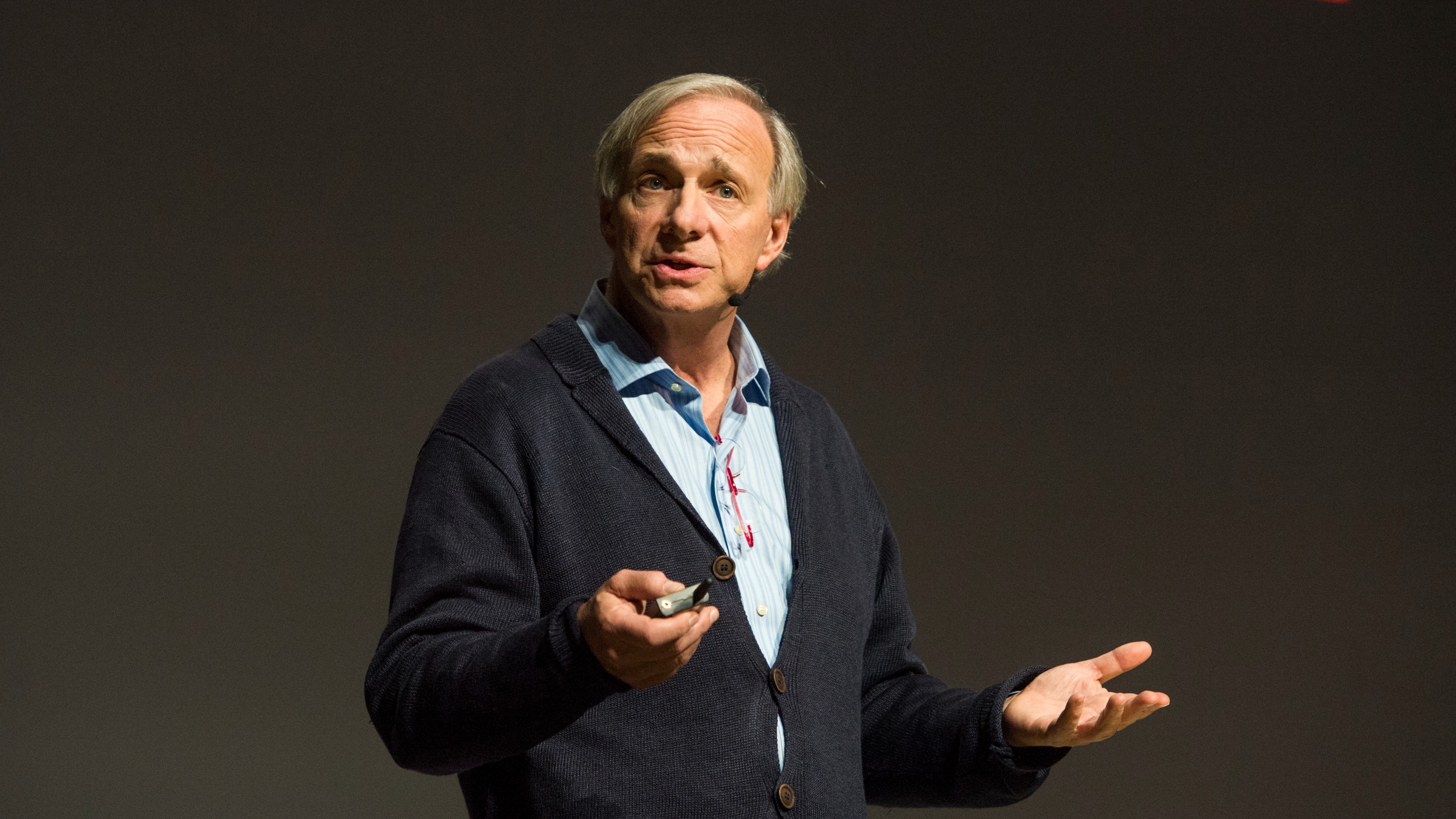This article is part of Morningstar’s Guide to Income Investing. Whether you are looking grow your pension pot, or invest for retirement income, this week we have all the news, information and education you need.
Emma Wall: Hello and welcome to the Morningstar Series "Why Should I Invest with You?" I'm Emma Wall and I am joined today by Mark Wharrier, Manager of the BlackRock U.K. Income Fund.
Hello Mark.
Mark Wharrier: Good Morning.
Wall: So you've run this fund for two years a turnaround story in your own words. You took it over at a time when yields were already looking difficult to find. We've been five, six years of low interest rates now in the U.K. which has put pressure on U.K. equity income to provide that income that people were previously getting from cash. It's created this phenomenon called bond proxies. Perhaps you could start by explaining what they are.
Wharrier: I think it is very timely when we took over the fund. Because I think in the preceding decade income fund managers have performed very well versus the index. I think you almost have the perfect environment for income managers. This drumbeat of falling interest rates falling bond yields and we felt that two years ago we kind of move into a different environment. Yields aren't going to take off, but they are going to gently rise there is going to be more volatility.
So rather than focusing on traditional bond proxy type companies. So those companies whether the bond yield is a driver of the rating of the company such as utilities, real estate companies. We decided at having much more flexible approach. So yes, we invest in companies that generate dividend yields from free cash flow. But we also invest in growth companies and turnaround situations. So I think just using one golf club out of the bag is not going to be enough going forward. So you need to use all the golf clubs and invest in different types of companies that can generate the yield.
Wall: So would that lead to you for example buying a company that perhaps is not yielding yet.
Wharrier: Yes, we tend not to invest in companies that aren’t capable of generating a yield. So biotech, oil exploration, mining exploration, you usually need a pair of binoculars to see the yields on those companies. So they are off-bounds. But companies that perhaps have gone through a restructuring, Llyods Bank is a good example they are now going into a period of paying dividend, those are candidates for the fund.
Wall: If you just take a high yield approach picking out those companies that are yielding above a certain threshold that you set yourself. You find a portfolio is very concentrated in particular sectors are you finding your approach leads to a more diversified portfolio.
Wharrier: We do run a relatively concentrated fund, so 35 to 45 stocks. I think even the best fund manager doesn’t come up with more than half dozen really good ideas during a year. So why dilute that in a big portfolio. We like to keep it focused. But what we found is we can generate yield from lots of different types of companies.
So yes we do have some larger companies which in many cases look very cheap at the moment. But the U.K. market is great and that we've got lots of different sectors, lots of different themes, companies that distribute capital through share buybacks or who periodically pay special dividends. So, lots of levers to play in terms of generating that yield.
Wall: And although you have as you say restructured the portfolio. So you are less sensitive to interest rate rise is of course something that’s not unavoidable. How do you feel about the threat of interest rate rising?
Wharrier: I think we're at the stage in the U.K. where rates do need to rise, it's interesting just looking at some of the wage settlements that are going through at the moment. Sainsbury a couple of weeks ago put through a 4% wage increase on 137,000 people and actually this living wage is starting to trigger some more of those types of settlements. So that is pretty inconsistent with zero percent interest rate environment. So I think rates will have to go up over time, but this is a global issue and really what the U.S. does. They are the economy that sets interest rates and we'll have to follow in that shadow.
Wall: Mark, thank you very much.
Wharrier: Thank you.
Wall: This is Emma Wall from Morningstar. Thank you for watching.






























